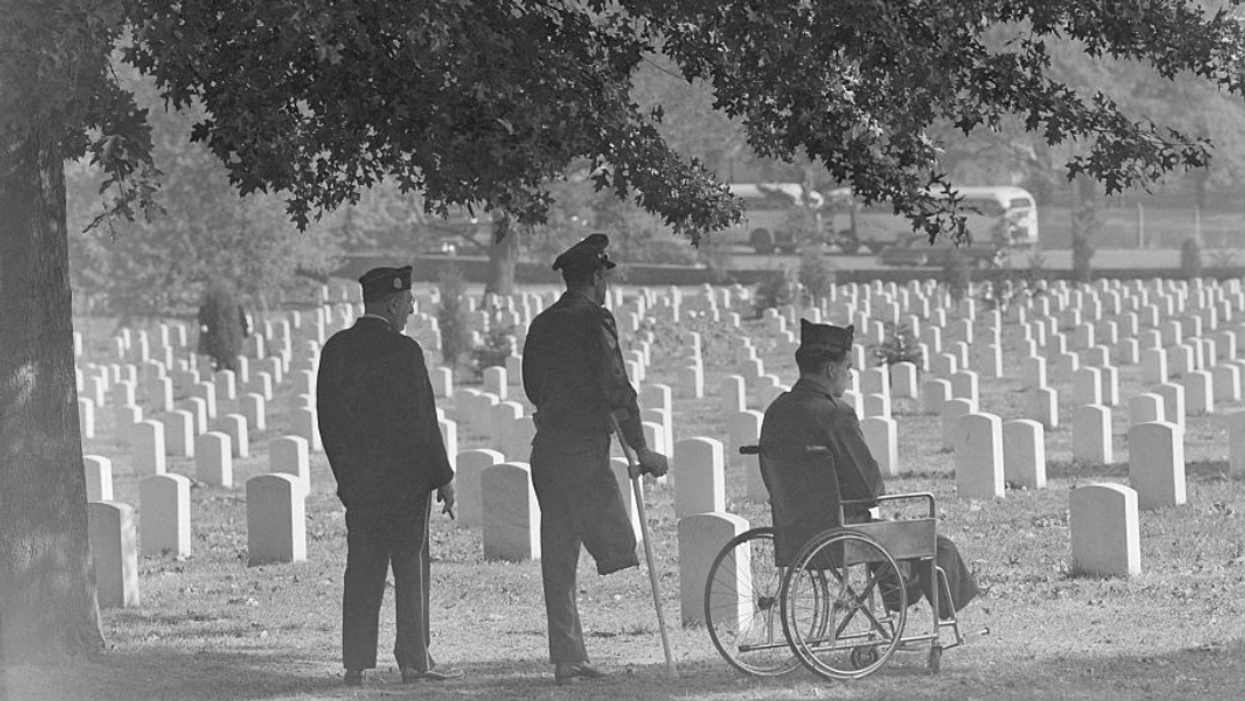Welcome to November, a month of vivid landscapes and reflective moments. As we approach Veterans Day, our thoughts naturally turn to the diverse and nuanced experiences of veterans.
This is a time not only for gratitude but also for deeper understanding. An organization called Veterans for All Voters reminds us to extend our recognition beyond a simple “thank you.”
The Veterans Day Message was written by Navy veterans Todd Connor and Eric Bronner of Veterans for All Voters. Their words resonate deeply and underscore the importance of active, meaningful engagement.
The Message
With Veterans Day upon us, it’s appropriate to thank military veterans and their family members for their service. There is something else we can do, though, and that is to ask them to continue serving by working to shore up our fragile republican democracy. To really honor veterans, and to allow them to continue to serve us as civilians, we need to grant them full access to civic life.
This begins, most importantly, with voting — where in 2020, almost 26 million independent Americans, including hundreds of thousands of military veterans, were barred by state election laws from participating in the presidential preference primaries. This unnecessary structural defect means that many Active Duty independent voters and veterans can’t even vote for their next Commander in Chief.
The two of us are proud Navy veterans. We learned and grew so much during our time of service. We are grateful for this country, our fellow citizens, and the opportunity to serve. Because we love this country so much, we have decided — as many veterans do — to continue serving. In our case, we are building and mobilizing a community of fellow military veterans to advocate for healthy electoral competition that will, in turn, make our politics less toxic.
Our organization, Veterans for All Voters, is fighting to let all voters — including over 50% of military voters who are independent (nonpartisan/unaffiliated) — fully participate in their taxpayer-funded public elections. Through open and competitive elections, we can make our government more responsible and politicians more accountable to all of us.
So, today, if you would like to thank one of our more than 285 veteran leaders in 47 states for their service, please consider one of the following actions:
- Join the nonpartisan reform movement and advocate for structural reforms that allow all eligible voters to fully participate in elections.
- Introduce a veteran or anyone who is “military-connected” to Veterans for All Voters.
- Donate to our nonpartisan nonprofit that is making a tremendous impact around the country and giving dozens of military veterans a new mission post-service.
We are military veterans from all walks of life, and every part of the political spectrum, banding together to make politics less toxic and our Republic more representative through fully open, nonpartisan, public elections. Simply put, we are fighting to #LetAllVotersVote in every single public election.
Please consider going beyond “thank you” this Veterans Day, and join or support the independent reform movement that we are building. Onward!




















Trump & Hegseth gave Mark Kelly a huge 2028 gift